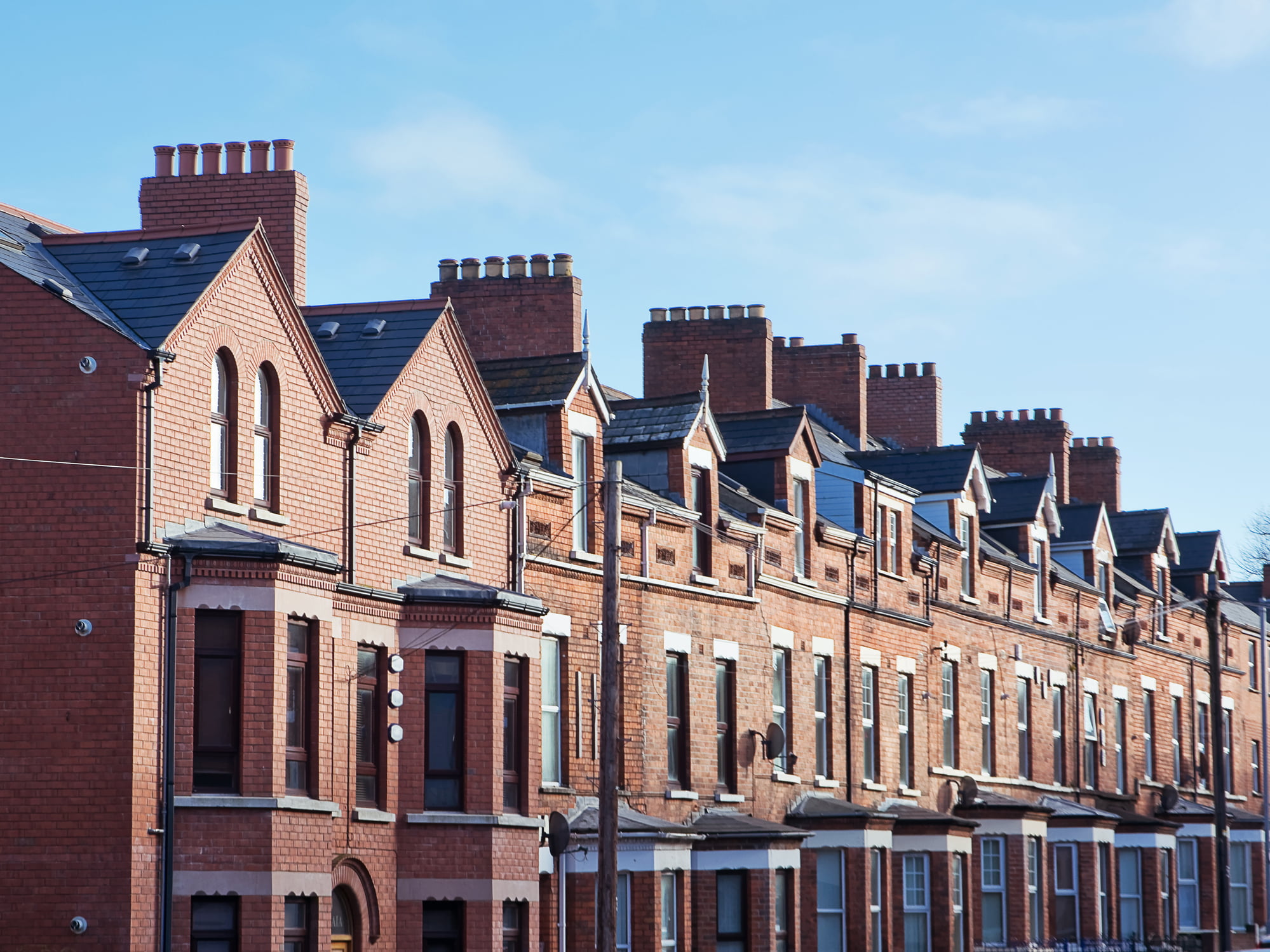The one stop shop model is gaining traction in EU and UK policy as a route to consumer-led energy decarbonisation. While the one stop shop model is new to Northern Ireland, similar services are already in operation and may serve as useful case studies.
The EU Horizon 2020 project X-tendo identifies the one stop shop as one of 10 new features in the next generation Energy Performance Certificate, which aims to increase the rate and quality of energy renovations in Europe. Energy Saving Trust leads the work package for X-tendo, monitoring the indicators and data handling approaches through a number of test projects.
Home Energy Scotland, which we also deliver on behalf of the Scottish Government, is the most effective one stop shop model in operation in the UK, serving as an exemplar around the world in tackling fuel poverty and reducing carbon emissions.
Home Energy Scotland provides tailored advice and financial support on home energy efficiency, sustainable travel and low carbon living. The service focuses on the needs of the consumer, with information accessible in-home, online and over the phone.
The Sustainable Energy Authority of Ireland runs the National Home Retrofit Scheme to fund the development of multiple business and community led one stop shops in the Republic of Ireland. Initially advised in the Republic of Ireland’s Climate Action Plan in 2019, the scheme’s aim is to test and develop the best one stop shop model to meet energy targets by 2030. Today, several one stop shops are in operation, some providing services nationwide and others in localised clusters.
